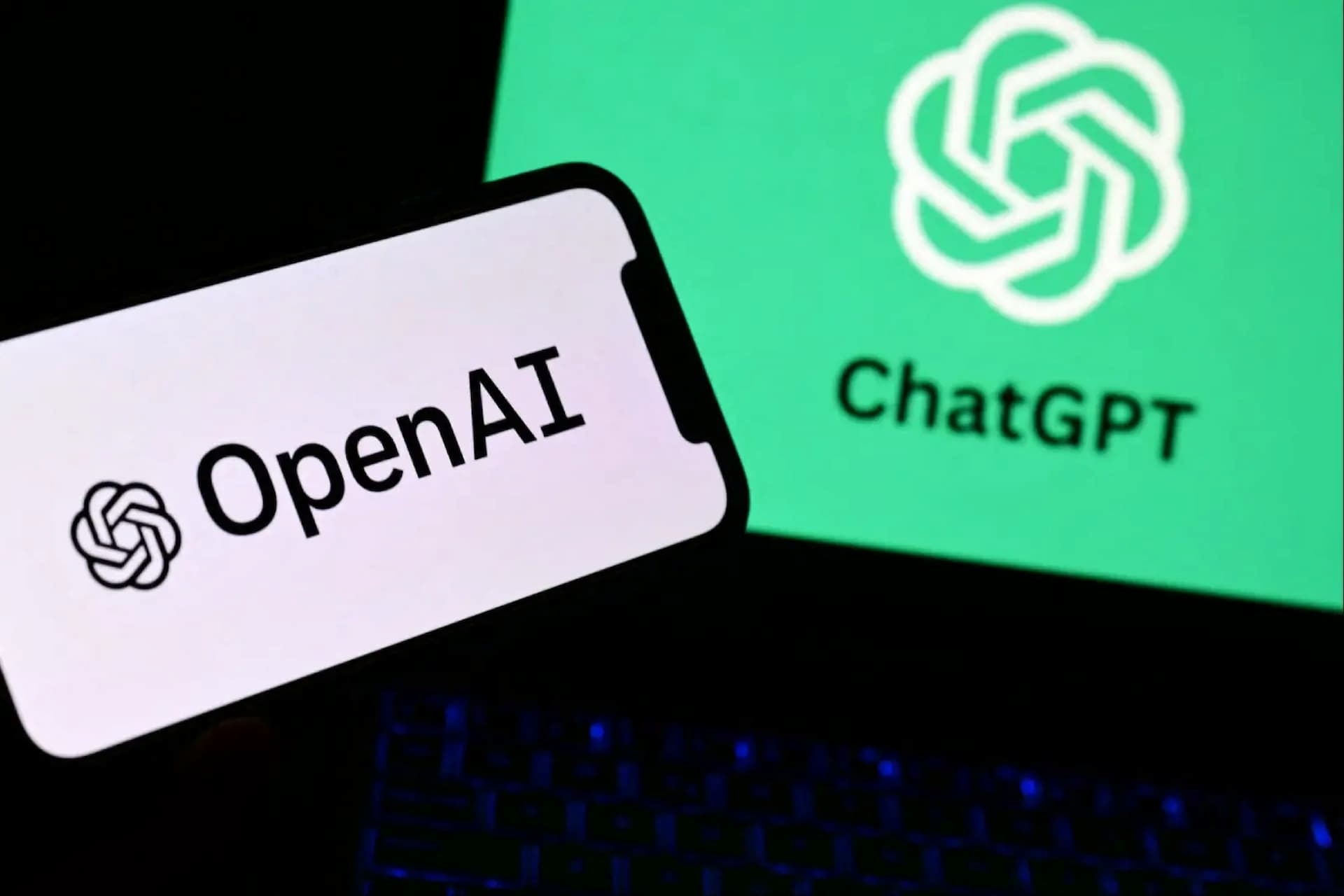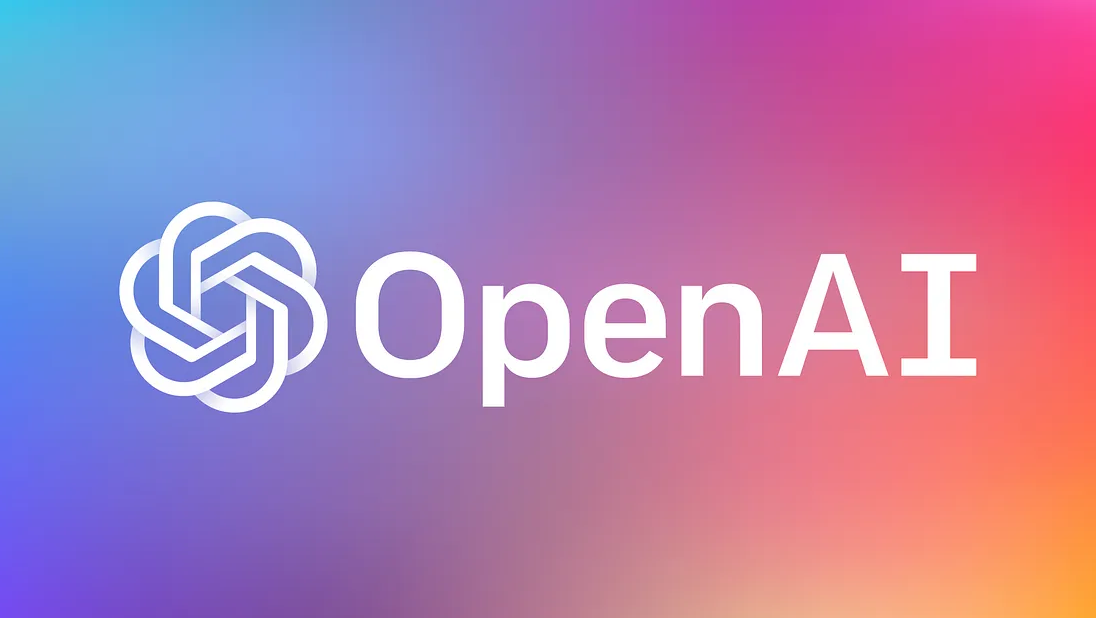AI firm Anthropic, the company behind the Claude AI chatbot, is opening its first office in India, choosing Bengaluru as its base.
A move that follows OpenAI’s recent expansion into New Delhi, underlining India’s growing importance as a hub for AI development and adoption.
CEO Dario Amodei said India’s combination of vast technical talent and the government’s commitment to equitable AI progress makes it an ideal location.
The Bengaluru office will focus on developing AI solutions tailored to India’s needs in education, healthcare, and agriculture sectors.
Amodei is visiting India to strengthen ties with enterprises, nonprofits, and startups and promote responsible AI use that is aligned with India’s digital growth strategy.
Anthropic plans further expansion in the Indo-Pacific region, following its Tokyo launch, later in the year.
Chief Commercial Officer Paul Smith noted the rising demand among Indian companies for trustworthy, scalable AI systems. Anthropic’s Claude models are already accessible in India through its API, Amazon Bedrock, and Google Cloud Vertex AI.
The company serves more than 300,000 businesses worldwide, with nearly 80 percent of usage outside the US.
India has become the second-largest market for Claude, with developers using it for tasks such as mobile UI design and web app debugging.
Anthropic also enhances Claude’s multilingual capabilities in major Indic languages, including Hindi, Bengali, and Tamil, to support education and public sector projects.
Would you like to learn more about AI, tech and digital diplomacy? If so, ask our Diplo chatbot!










